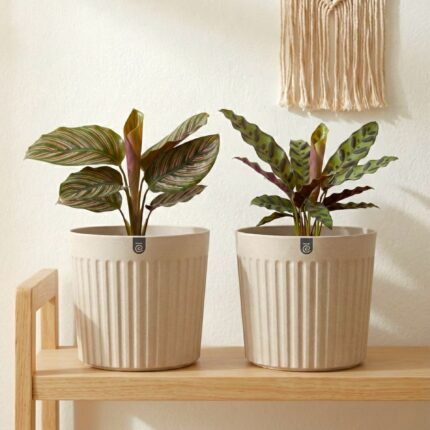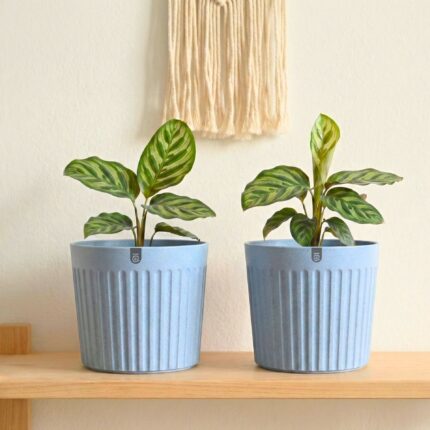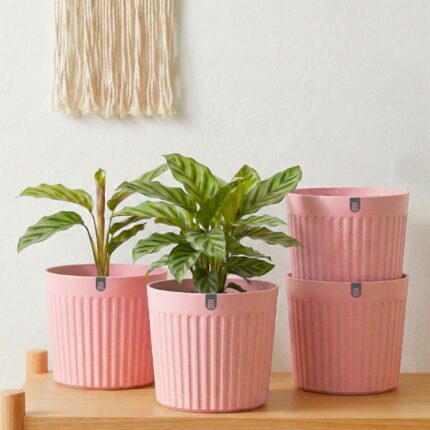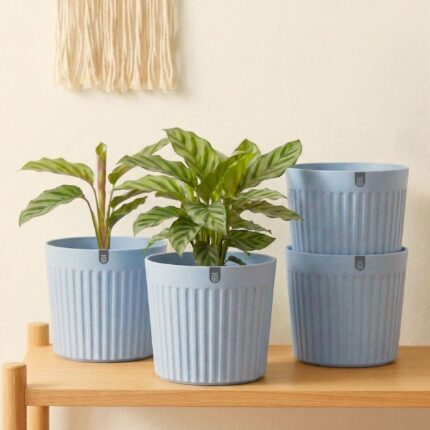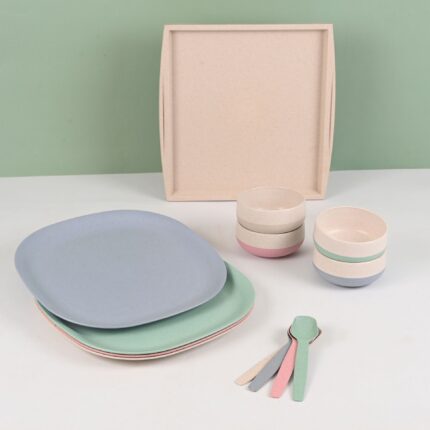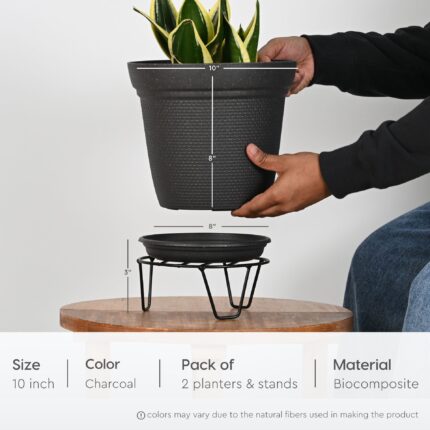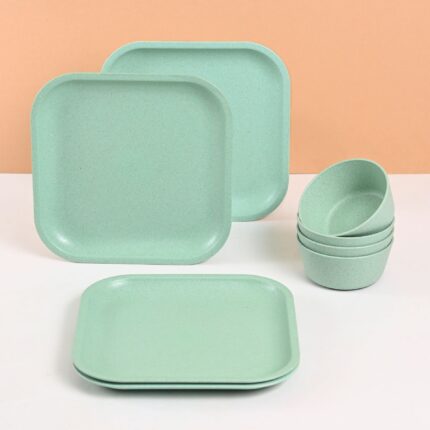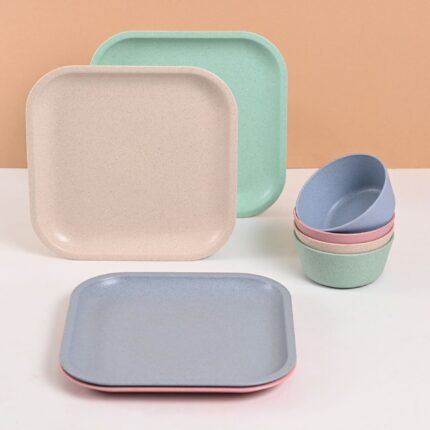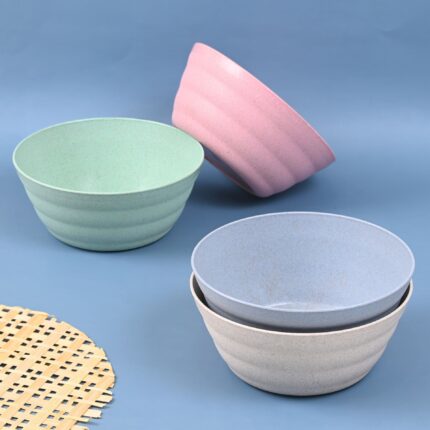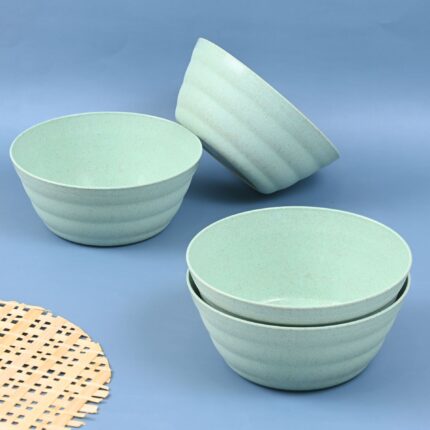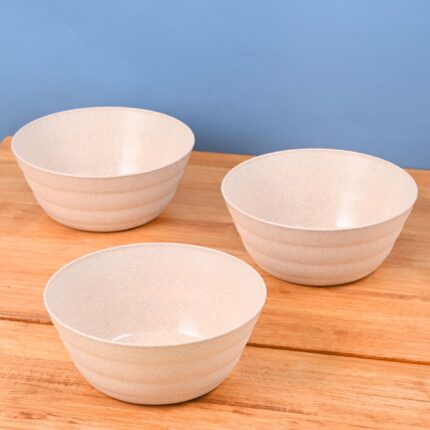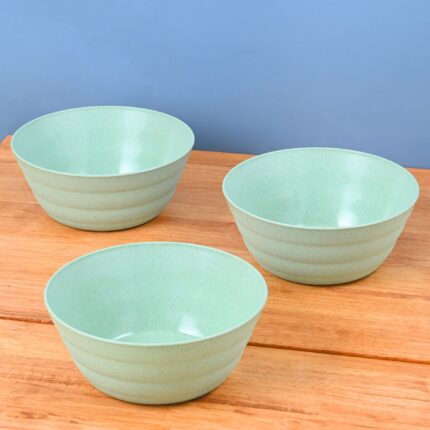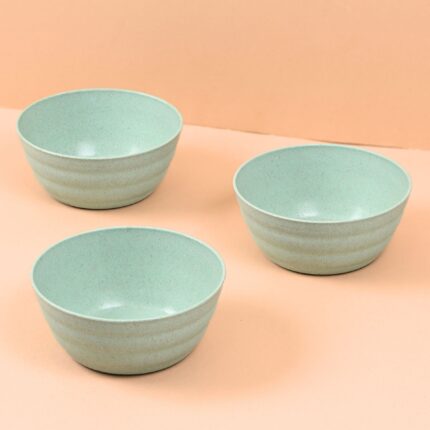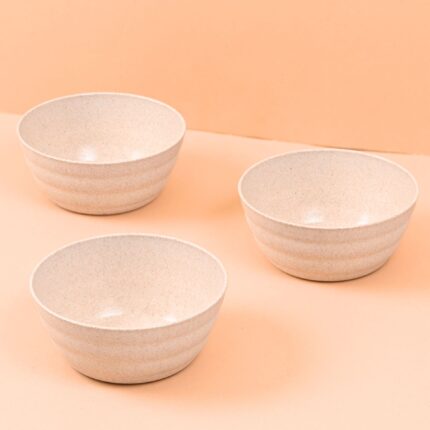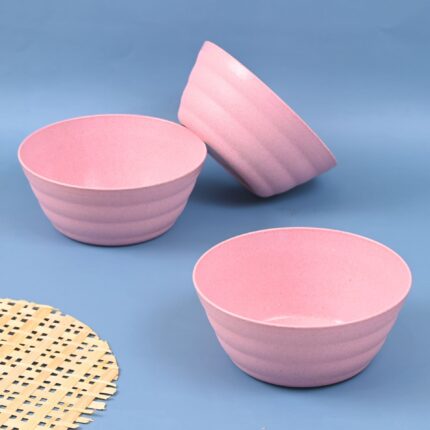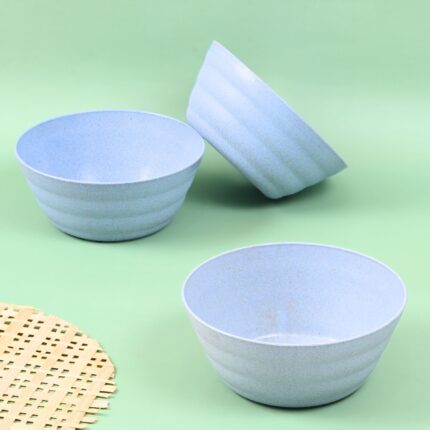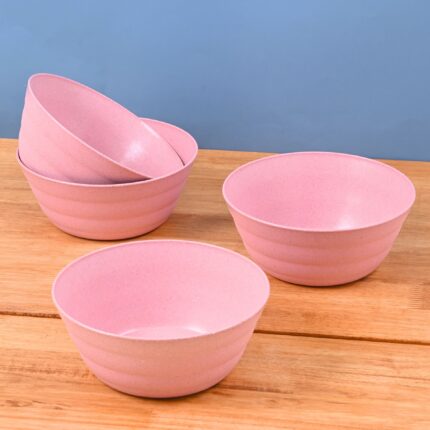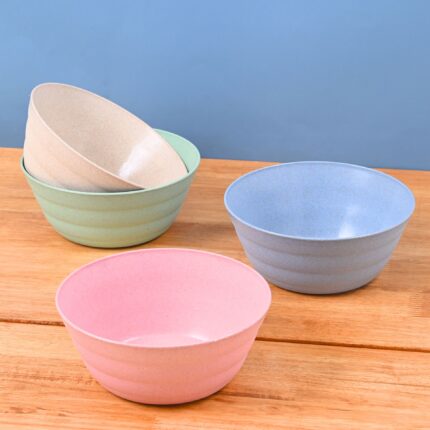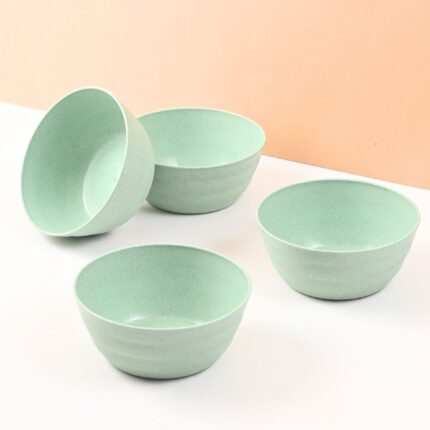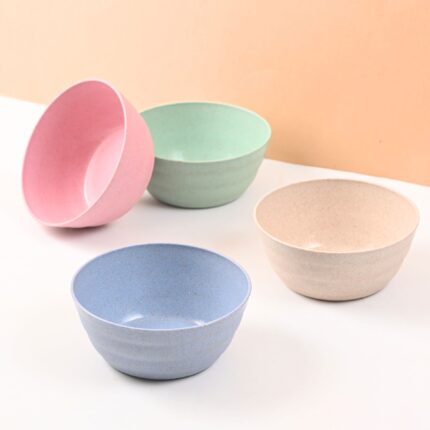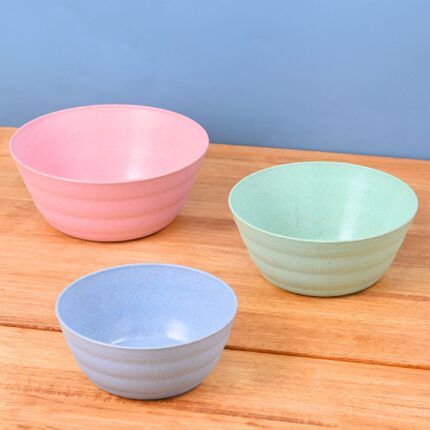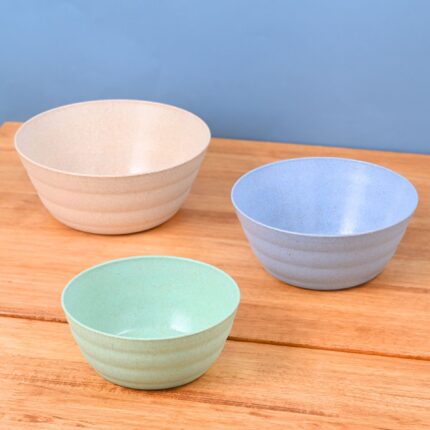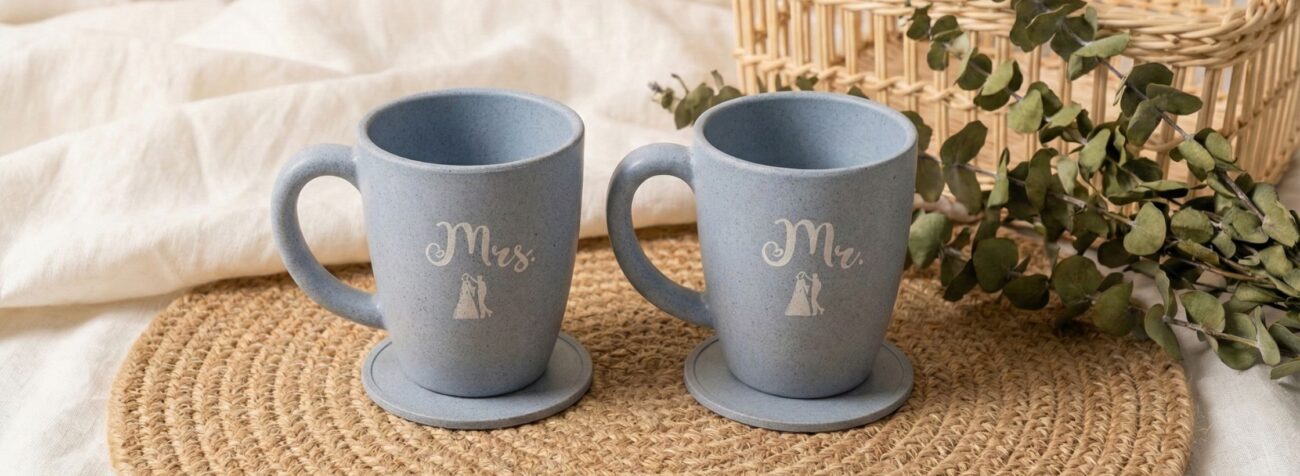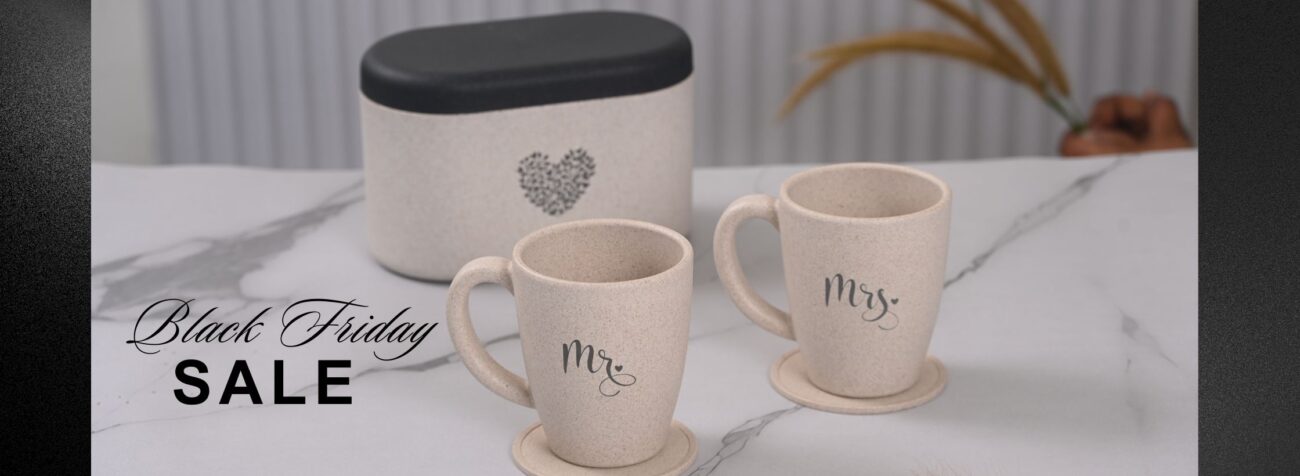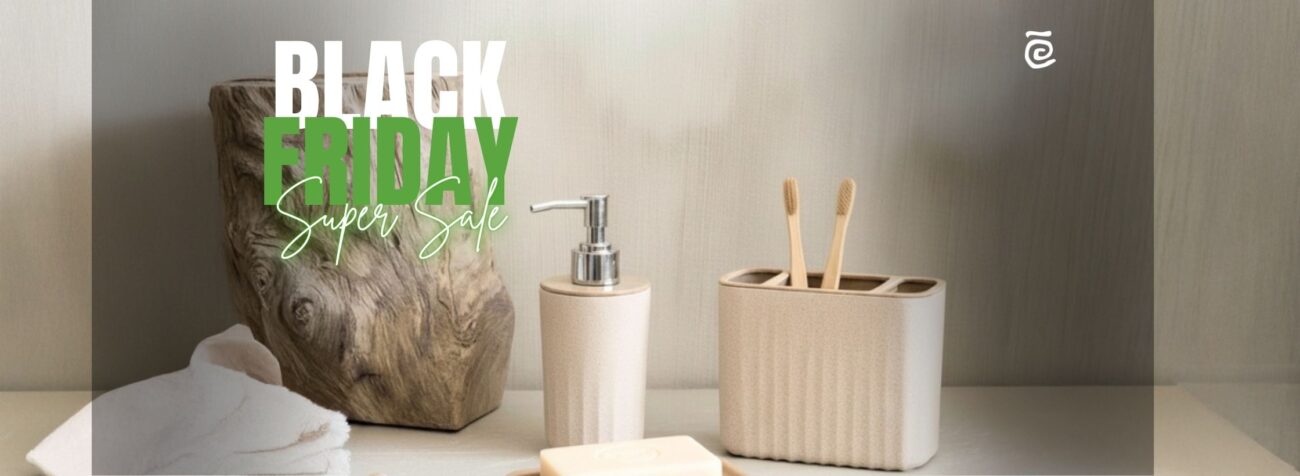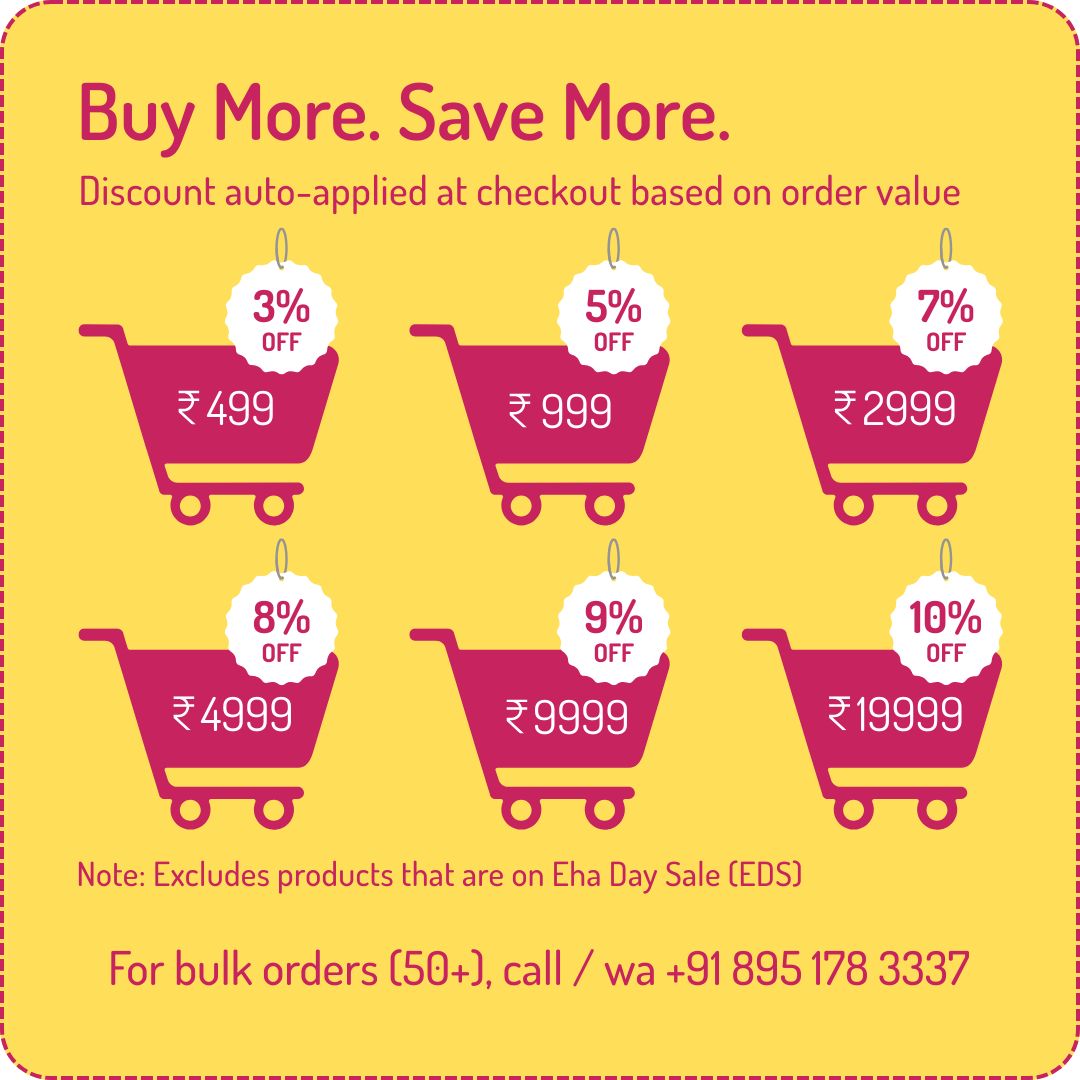A Look at Biodegradable vs. Compostable vs. Recycled Materials.
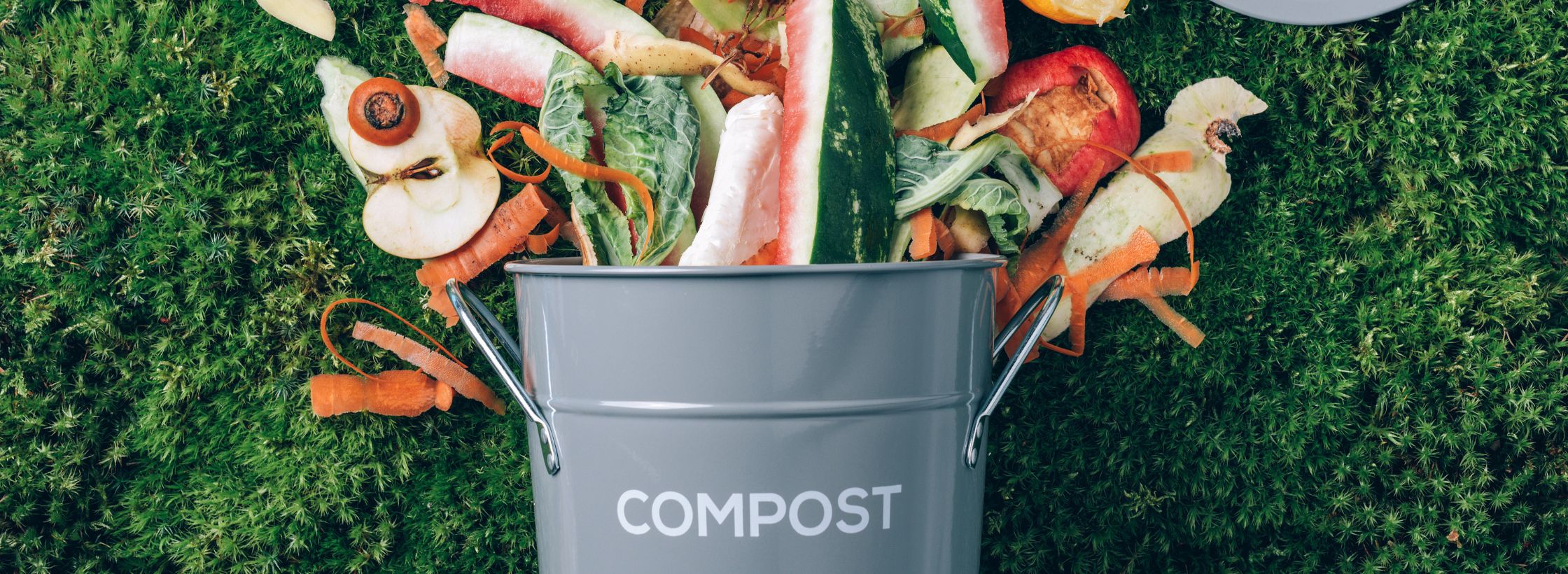
A Look at Biodegradable vs. Compostable vs. Recycled Materials.
Biodegradable materials, when exposed to the right conditions and microorganisms, will break down and return to the earth without causing harm.
Ever felt that little pang of confusion at the checkout counter? You’re trying to do the right thing, to pick a product that’s genuinely good for the planet, but the labels are a bit of a jumble. “Biodegradable,” “compostable,” “recycled materials”—they all sound great, but what’s the actual difference? And more importantly, which one should you be looking for when you’re buying a new mug, some storage containers, or a cool gift for a friend?
We get it. It can feel like you need a science degree just to shop responsibly. But we’re here to break it down, in plain, everyday language, just like we’d do over a cup of coffee. We’re all on this journey together, and understanding these terms is a big step toward making smarter choices that really make an impact. Let’s dig in.
What Does “Biodegradable” Actually Mean?
This is probably the most common term you’ll see, and it can be a little tricky. At its core, a biodegradable product is one that can be broken down by natural microorganisms—think bacteria and fungi—and eventually returned to the earth. Sounds simple, right? The catch is, there’s no set timeline for this process.
A lot of things are technically biodegradable, but they might take hundreds or even thousands of years to break down. That old plastic bottle sitting in a landfill? It will eventually break down, but not in any time frame that helps our planet right now. So, when you see a label that just says “biodegradable,” you need to ask a few more questions. Is it certified? What are the conditions required for it to break down?
For us, the term biodegradable is a starting point, not the whole story. We focus on products that break down quickly and safely, without leaving behind harmful residues. For example, our plant-based cups and mugs are crafted from biomaterials that are designed to go back to nature fast. This is a key part of our commitment to the circular economy. We want our products to be a positive force for the planet from the moment they’re made to the moment they return to the earth, rather than becoming another piece of long-term waste.
Compostable: A Step Up from Biodegradable
Here’s where things get more specific and, frankly, more exciting. A compostable product isn’t just designed to break down; it’s designed to break down into nutrient-rich soil, or “compost,” within a specific timeframe and under specific conditions.
Think of it like this: all compostable products are biodegradable, but not all biodegradable products are compostable. A compostable product has to meet strict standards. It needs to break down into a healthy compost pile, leaving no toxic residue behind. You’ll often see certifications for industrial composting, or sometimes even home composting.
This is a powerful concept. Instead of just disappearing, these materials become a valuable resource, helping new plants grow. It’s a true act of climate action, as healthy soil stores carbon and helps our ecosystems thrive. We use compostable materials in our storage solutions and planters, so they not only help you organize your home and grow plants, but they can eventually become part of the very soil those plants grow in. This is sustainability in action, a tangible way to conserve resources and reduce your carbon footprint. It is a much better alternative to single-use plastics that take centuries to break down.
Recycled Materials: Giving Old Products a New Life
Now, let’s talk about recycled materials, a cornerstone of the green economy. This is about taking something that’s already been used and giving it a second life. It could be an old plastic bottle transformed into a new set of durable storage containers, or a discarded glass bottle turned into a beautiful new cup or vase.
The beauty of using recycled materials is that it directly reduces the demand for new, raw materials. This saves energy, reduces waste, and cuts down on the pollution associated with manufacturing from scratch. It’s a powerful way to practice upcycling and ensure that valuable resources aren’t lost to landfills.
For our home and office products, especially our more durable ones like tableware and decorative items, using recycled materials is a major focus. We believe that a product shouldn’t just be new; it should be renewed. You’d be amazed at what can be created from waste. We have some beautiful serving dishes, for example, that are made from recycled glass. They have a unique, subtle texture that tells a story of their previous life, a little nod to the circular economy they’re now part of.
Bringing It All Together: Making the Right Choice
So, how do you choose? It really depends on the product and what you want to achieve.
If you’re looking for an item that will naturally return to the earth without a fuss, a certified compostable product is often the best choice, especially for single-use or short-lived items.
If you want something durable and long-lasting that avoids using new resources, products made from recycled materials are a fantastic option. They’re all about reuse and durability, which is another crucial aspect of a sustainable lifestyle.
We’re proud to offer a range of products that fall into these categories. We also ensure our production processes support fair trade practices and help communities, including those that previously relied on activities like crop-burning, by providing sustainable alternatives and opportunities. This holistic approach is what we believe in. We think being a truly sustainable business means looking at the big picture—from the materials we use to the people we work with.
Ultimately, we believe that being an eco-friendly consumer doesn’t have to be confusing. The more we learn together, the easier it becomes to make choices that are good for us and the planet. By prioritizing transparency and using these terms thoughtfully, we hope to empower you to feel confident in your purchases.
We’re always working to improve and stay fresh and current. We’ll be refreshing our content regularly to keep you in the loop on the latest in biomaterials and sustainable practices. Feel free to reach out with your questions or share your own stories of going green. We’re listening!
Visit eha’s range of sustainable gardenware to choose, made with biocomposite materials using crop-waste such as rice husk, bamboo fibers and coffee husk.
If you are looking at developing new range of earth friendly gifting speak to experts at Mynusco.







